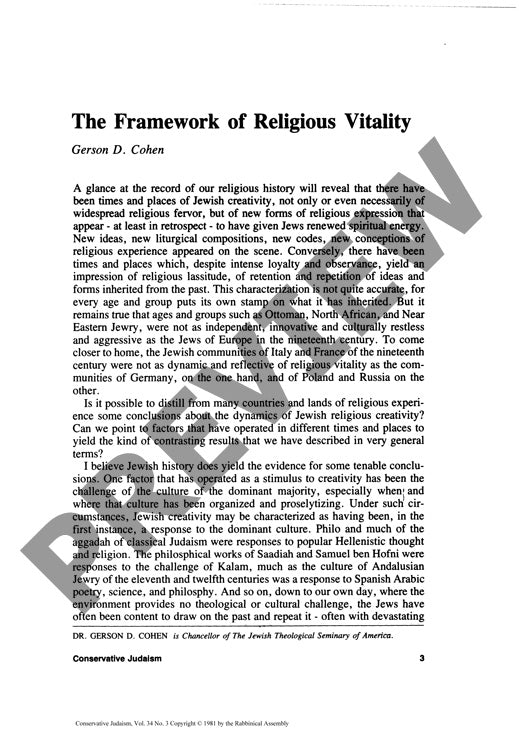The Framework of Religious Vitality
Couldn't load pickup availability
Religious creativity and vitality in Jewish communities emerge from a dynamic interplay between external cultural pressures and robust internal institutions, particularly academies that serve as centers of learning and innovation. Through comparative historical analysis spanning from ancient Yavneh to modern Eastern European and American communities, key patterns distinguish periods of religious innovation from those marked by stagnation. Case studies reveal that successful creative communities consistently possessed academies with exceptional leadership that attracted international scholarly networks, enabling the rapid spread of new ideas and adaptive responses to contemporary challenges. These vibrant centers articulated fresh Jewish eschatologies that offered redemptive visions and unified dispersed communities. In contrast, communities lacking strong institutional frameworks experienced intellectual decline despite maintaining religious observance. The methodology employs detailed examination of institutional structures, leadership patterns, and theological developments across diverse historical contexts. As Conservative Judaism navigates its contemporary role, having achieved initial goals of scholarly distinction and theological legitimacy, these findings suggest its continued vitality depends on renewed eschatological vision and institutional revitalization. The research demonstrates that sustainable religious creativity requires the confluence of strong central institutions, visionary leadership, and communities open to guided innovation.

More Information
-
Physical Description
-
Publication Information
Published 1981
ISBN
-
Publication Credits
Gerson Cohen

